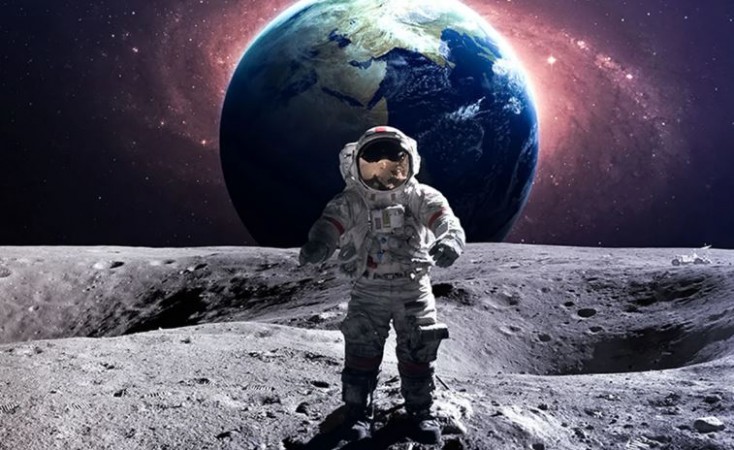
New Delhi: The prospect of establishing a human settlement on the Moon has captivated scientists, engineers, and space enthusiasts for decades. One crucial factor for the feasibility of such an endeavor is the availability of water. Recent discoveries have indicated the presence of water ice on the Moon, particularly in the permanently shadowed regions of its polar craters. While this discovery is a significant step forward, several essential elements and considerations must be addressed to make lunar settlement a reality.
Access to Water
Water is the cornerstone of any sustainable human presence on the Moon. It is not only essential for drinking but also for agriculture, oxygen production, and as a source of hydrogen for rocket fuel. Harvesting lunar water through mining and processing will be vital. Specialized equipment and infrastructure will be required to extract, purify, and store water for various applications.
Life Support Systems
To survive on the Moon, settlers will need life support systems that provide a stable environment for breathing, temperature regulation, and waste removal. These systems will include advanced oxygen production, CO2 removal, and waste recycling technologies. Furthermore, radiation protection measures will be crucial due to the Moon's lack of a protective atmosphere.
Habitat Design and Construction
Moon settlers will require safe and secure habitats. These structures must protect against the harsh lunar environment, including extreme temperature fluctuations, micrometeoroids, and radiation. Building materials may be sourced from lunar regolith, potentially using 3D printing technology.
Energy Generation
Solar panels could provide a reliable source of energy on the Moon, given its nearly constant exposure to sunlight (except during lunar nights, which last about two weeks). Innovative energy storage solutions, such as advanced batteries, will be essential to sustain power during the night and ensure continuous operation of life support systems and equipment.
Food Production
To establish a self-sustaining lunar colony, settlers will need to grow their food. Lunar agriculture presents unique challenges, including the absence of topsoil and the need for controlled environments to mitigate radiation exposure and temperature extremes. Hydroponics and other soilless farming methods may be employed.
Communication
Maintaining communication with Earth and within the lunar colony is crucial for safety and coordination. High-frequency radio signals, satellite relays, or even a lunar communication network will be needed to ensure seamless communication.
Transportation
Regular resupply missions from Earth will be necessary to provide essential resources not readily available on the Moon. Developing reusable lunar landers and launch systems will be vital for cost-effective and sustainable lunar operations.
Healthcare and Medical Facilities
A lunar settlement will require medical facilities and equipment capable of dealing with the unique health challenges posed by lunar living, such as the effects of reduced gravity on the human body and the need to manage injuries and illnesses in a remote and resource-limited environment.
Governance and Social Structure
Establishing a governance structure and social framework for a lunar settlement will be essential to ensure order, cooperation, and the well-being of the inhabitants. Ethical and legal considerations regarding resource utilization and property rights will also need to be addressed.
The discovery of water on the Moon is a significant breakthrough, but it represents just one piece of the puzzle in the quest to establish a human settlement there. To turn the lunar dream into reality, scientists, engineers, and policymakers must work collaboratively to develop the necessary technologies, infrastructure, and systems that will make sustainable lunar living feasible. Such a settlement would represent a profound step forward in human space exploration and our understanding of what is possible beyond Earth.
Enthusiastic Supporters Gather as CM Yogi Adityanath Pays Respects to Lokmata Devi Ahilya Bai Holkar
PM Modi's Productive Lunch Meeting with French President Macron Concludes G20 Summit
Heavy Rainfall in Delhi Amid G20 Summit; Light Showers Expected on Monday